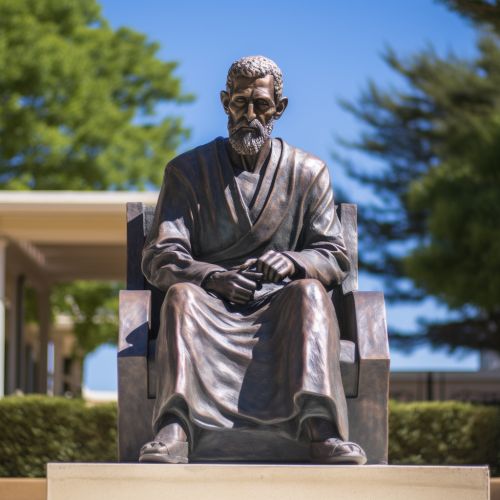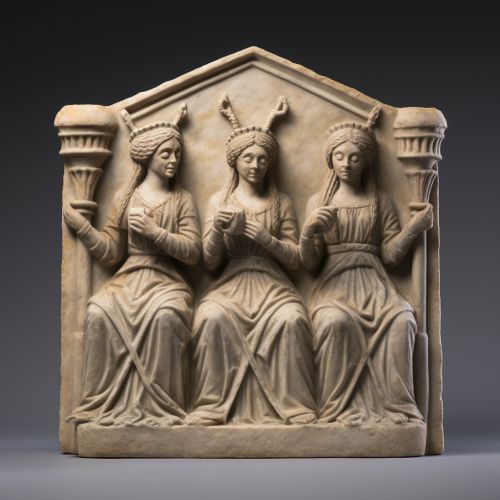Stoicism
Origins and History
Stoicism is a school of Hellenistic philosophy that was founded in Athens by Zeno of Citium in the early 3rd century BC. Zeno's teachings were heavily influenced by the Cynic philosophy of Diogenes of Sinope, which emphasized living in accordance with nature and rejecting the artificial conventions of society.


The Stoics were known for their emphasis on virtue, self-control, and their belief that the path to eudaimonia (a state of fulfilled happiness) is found in understanding the natural order of the universe and living in accordance with it. They also held that emotions resulted in errors of judgment which were destructive, while pure reason resulted in knowledge, which is good.
Core Principles
The Stoics proposed that the universe is governed by reason, or rational principle (Logos), and that we should strive to perceive and align ourselves with this divine rational principle. They believed that everything that happens is part of a divine plan that we should accept.
One of the central tenets of Stoicism is the belief in the development of self-control and fortitude as a means of overcoming destructive emotions. The Stoics believed that by practicing discipline and self-control, individuals could attain virtue and wisdom, which are the highest forms of human excellence.
Virtue and Ethics
In Stoic ethics, the highest good is virtue, which is the only good that is entirely up to us. Virtue is understood as a form of knowledge, specifically the knowledge of what is truly good and bad, and what is indifferent. The Stoics believed that the virtuous person is the one who understands the difference between these things and acts accordingly.


The Stoics identified four cardinal virtues: wisdom, courage, justice, and temperance. Wisdom is the knowledge of what is truly good, bad, or indifferent; courage is the knowledge of what is to be endured or not; justice is the knowledge of what is to be given or not; and temperance is the knowledge of what is to be chosen or not.
Stoic Physics and Cosmology
Stoic physics is based on the belief that the universe is a material, reasoning substance, known as God or Nature, which the Stoics referred to as Pneuma. They believed that everything that exists is either body or void, and that bodies are either unqualified or qualified.
The Stoics also believed in the concept of eternal recurrence, the idea that the universe repeats itself identically over an infinite amount of time.
Influence and Legacy
Stoicism had a profound influence on Roman culture, particularly among the Roman elites. The philosophy was adopted by several notable figures, including Seneca the Younger, Epictetus, and the Roman Emperor Marcus Aurelius, whose personal writings, known as the Meditations, are considered a seminal work of Stoic philosophy.


Stoicism has also had a significant influence on various aspects of Western thought. Its teachings have been incorporated into the Christian doctrine of Logos, and its emphasis on virtue and ethical behavior has been a major influence on Western moral philosophy.
